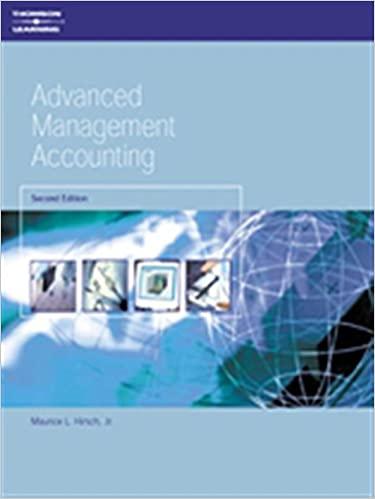Mini-Project #S Inventory STUDENT ROLE: You are employed with Johnson Accounting Firm as an you have been assigned to work with Spare Parts, Inc, to help answer some of their inventory questions. LE: Spare Parts, Inc. is a regional retail chain that sells repair parts for vehicles, tractors and yard equipment. They have been in business since 2010, and are a publicly traded Parts, Inc. recently hired a new CEO and he is reviewing the accounting practices related t His company currently uses LIFO for and financ impact of switching to FIFO for financial reporting. The company uses a periodic inventory method, and has a 28% tax rate. The client has 80,000 shares of common stockoutstandin company. Spare for tax reporting and financial reporting and wants to understand the with a par value of so.sa ASSIGNMENT: To help him make this decision, your supervisor has asked you to complete several tasks In Blackboard you have been provided a PURCHASE AND SALES DATA table, with two scenarios. Under Scenario #1, purchase prices are increasing. In Scenario #2, purchase prices are decreasing. You have also been provided with a Trial Balance for December 31, 2016. All account balances are current and adjusted except for the Inventory account and Cost of Goods Sold, which are at beginning balances Because the company uses the periodic method, these accounts have not been adjusted yet. SCENARIO #1 CALCULATIONS Task 1: Using the PURCHASE AND SALES DATA table and TRIAL BALANCE for Scenario #1: Apply the FIFQ method to calculate Ending Inventory and Cost of Goods Sold for Scenario #1. Show your work in either Excel or Word. Prepare the year-end adjusting entry to record Inventory and Cost of Goods Sold for both scenarios. HINT: Beginning Inventory is $20,000. The PURCHASE account does have a balance, but the company did not have any purchase returns, purchase discounts or freight- in. Prepare a Multiple-Step Income Step and a Balance Sheet for both scenarios. The client has a 28% tax rate . . Task 2: Using the PURCHASE AND SALES DATA table and TRIAL BALANCE for Scenario #1: Apply the LIFQ method to calculate Ending Inventory and Cost of Goods Sold for Scenario #1. Show your work in either Excel or word. Prepare the year-end adjusting entry to record Inventory and Cost of Goods Sold for both scenarios. HINT: Beginning Inventory is $20,000. The PURCHASE account does have a balance, but the company did not have any purchase returns, purchase discounts or freight- in. Prepare a Multiple-Step Income Step and a Balance Sheet for both scenarios. The client has a 28% tax rate. . (continue to next page











